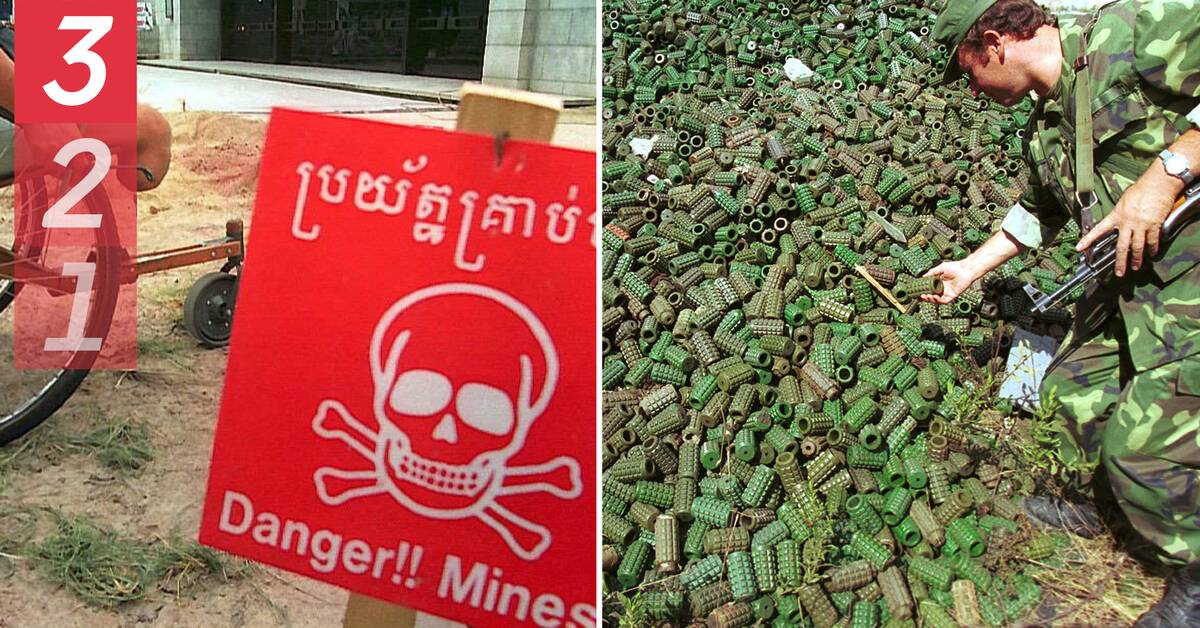Russian forces occupied Izium between April and September last year, before Ukraine retook the area in a counter-offensive.
According to the US-based Human Rights Watch, HRW, the Ukrainian military has used rockets to deploy so-called troop mines at Russian positions during the occupation of the area.
"Ukraine appears to have spread anti-personnel mines to a large extent in the Izium area in the northeast," says HRW's weapons expert Steve Goose.
Children are said to have been injured
At least 50 civilians, including five children, are said to have been injured by the mines in the area, according to HRW.
Russian forces have also used anti-personnel mines during the war – something that HRW drew attention to in several reports last year.
HRW conducted investigations in the Izium area during the period 19 September to 9 October and interviewed over 100 people.
In addition to medical personnel, the organization spoke with victims, aid workers, Ukrainian deminers and witnesses, among others.
All those interviewed said they had seen mines on the ground, knew someone who had been injured by a mine or had been warned about mines during Russia's occupation of Izium, HRW writes in the report.
According to HRW, deminers that HRW spoke to now estimate that it may take decades to clear the area of mines and other unexploded ordnance.
Troop mines are triggered when a human steps on them or when someone touches a wire that triggers the mine.
The aim is primarily to injure and tear off limbs, with amputations as a consequence, and medical personnel interviewed by HRW testify to such injuries.
Prohibited according to the UN Convention
Anti-personnel mines are banned under a 1997 UN convention signed by over 160 countries, including Ukraine.
However, Russia has not signed the convention.
The Ministry of Foreign Affairs of Ukraine wrote in a statement on Tuesday that the data in HRW's report should be investigated by the relevant authorities, and at the same time underlines that it stands by its international obligations.
That's why troop mines are prohibited - hear Lieutenant Colonel Carl-Axel Blomdahl in the clip above

